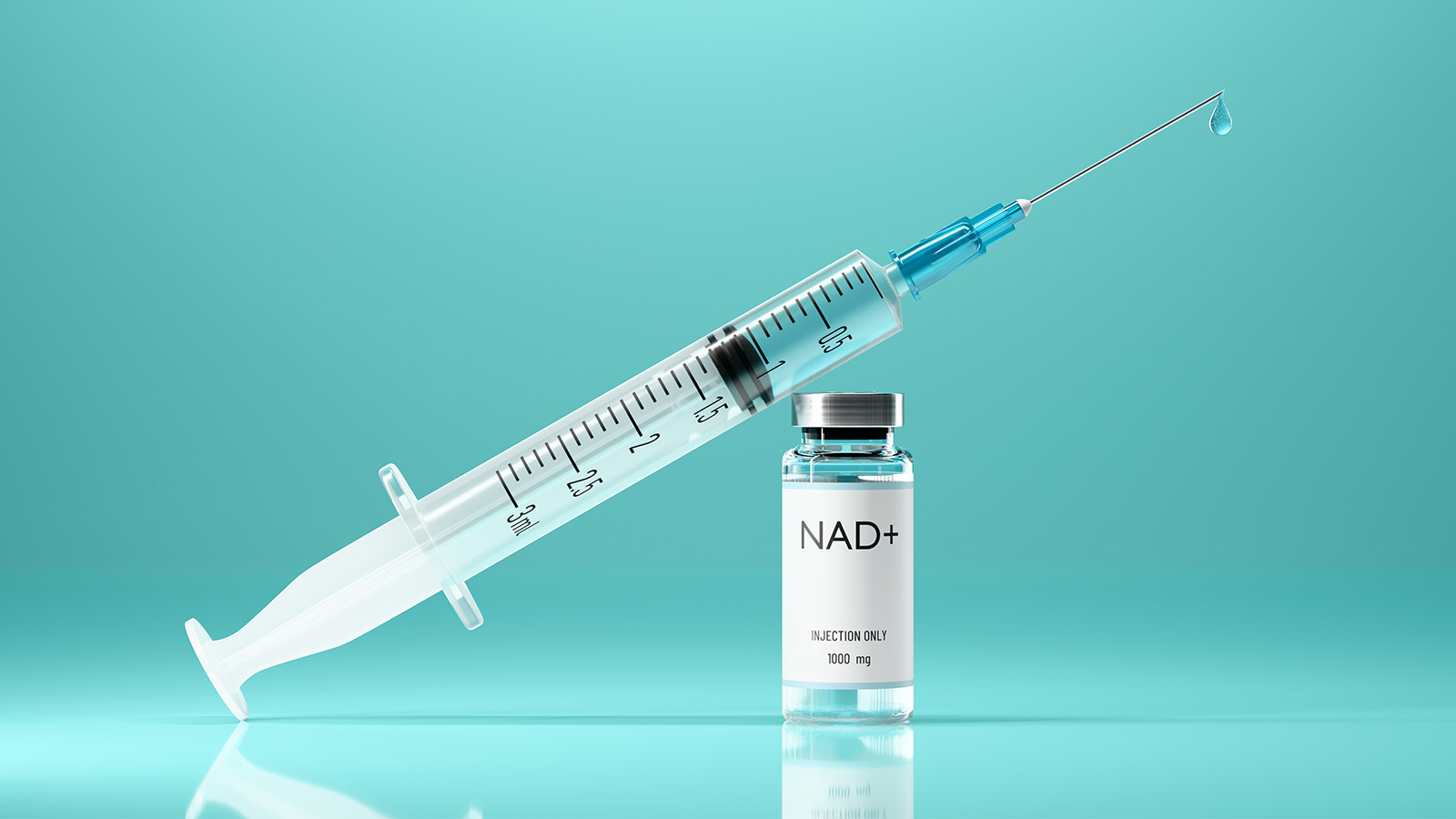On July 17, 2025, the FDA convened a landmark panel of leading physicians, researchers, and women’s health advocates to reexamine a subject that affects millions: Hormone Replacement Therapy (HRT) for women. The session reflected a turning point—not only in how the medical community views menopause and hormone support, but also in how healthcare must evolve toward personalized, patient-centric care.
At ProRx, this is a conversation we’ve been preparing for. The needs of women navigating perimenopause, menopause, or hormone imbalances are far too diverse for a one-size-fits-all approach. The FDA’s renewed attention marks a shift toward individualized treatment—and the role of 503B outsourcing facilities has never been more relevant.
FDA-registered compounding facilities serve a critical function in ensuring access to high-quality, customized medications for women navigating menopause and perimenopause. While traditional 503A compounding pharmacies often prepare individual prescriptions for specific patients, 503B outsourcing facilities operate under more stringent FDA oversight and can produce larger batches of compounded medications for use in clinical settings (like hospitals, OB/GYN clinics, or wellness practices).
Why the FDA Is Talking About HRT Again
Since the early 2000s, many healthcare providers backed away from prescribing hormone therapy after the Women’s Health Initiative (WHI) raised concerns about risks. And, even though the WHI study specifically enrolled postmenopausal women aged 50–79, its results had broad ripple effects that impacted prescribing practices for all women seeking hormone therapy, including those in perimenopause and early menopause (under age 50).
Thanks to decades of new data, clinician education, and a more nuanced understanding of hormone pathways, we now know that the WHI’s early conclusions were not one-size-fits-all. In fact, many women—particularly those in early menopause or with moderate to severe symptoms—may benefit from treatment that restores hormonal balance.
But it’s not just about managing hot flashes. Hormone therapy can also support mood, sleep, metabolic health, and bone density—all of which are increasingly important for women navigating perimenopause and post menopause.
At the same time, we’re in a new era of personalized medicine, where therapies are tailored to each person’s unique physiology and risk profile. That means clinicians need options—not just standard commercial drugs—but customized dosages, delivery methods, and hormone combinations that fit individual needs.
What Is HRT and Why Personalization Matters
Hormone Replacement Therapy supplements declining levels of estrogen, progesterone, and sometimes testosterone to relieve symptoms like:
- Hot flashes
- Brain fog or memory issues
- Mood instability
- Vaginal dryness or pain
- Sleep disturbances
- Bone loss
HRT is not one medication, but a category of therapies—and those therapies must be adapted to each woman’s unique needs.
Some patients do well with FDA-approved commercial products, while others require custom-compounded prescriptions due to:
- Allergies or sensitivities to dyes, fillers, or preservatives
- Unique dosage combinations or strengths
- Alternate delivery methods (creams, lozenges, sublinguals, etc.)
- Medical contradictions to standard options
The Role of 503B Outsourcing Facilities for Modern HRT
As providers return to hormone therapy with renewed clinical confidence, many face practical challenges: sourcing high-quality compounded formulations, navigating FDA compliance, and balancing customization with scale.
That’s where 503B outsourcing facilities come in.
Unlike traditional 503A compounding pharmacies, 503B outsourcing facilities:
- Are FDA-registered and cGMP-compliant, meeting the same quality manufacturing standards as pharmaceutical manufacturers.
- Can produce in larger quantities, allowing practices to keep inventory on hand or streamline treatment protocols for groups of patients.
- Ensure batch testing, sterility assurance, and labeling transparency, reducing legal and regulatory risk for busy clinics.
In this re-emerging HRT landscape—where personalization is key, and safety cannot be compromised—503Bs provide a trusted path forward.
With the FDA reaffirming the need for safe, individualized treatment options, 503B facilities are no longer just an option. They’re an essential partner in delivering personalized care at scale.
Why This Is Important Right Now
The FDA’s renewed focus on hormone therapy signals a critical turning point, not just in how we talk about HRT, but also in how we deliver it. Additionally, it coincides with several broader healthcare trends:
- A rise in precision medicine
- Greater awareness of gender disparities in care
- An increase in patients demanding individualized treatment options
- A need for clinicians to understand legal, ethical compounding practices
Hormone health isn’t fringe medicine. It’s a cornerstone of long-term well-being for women. And it’s time our healthcare system treats it as such.









